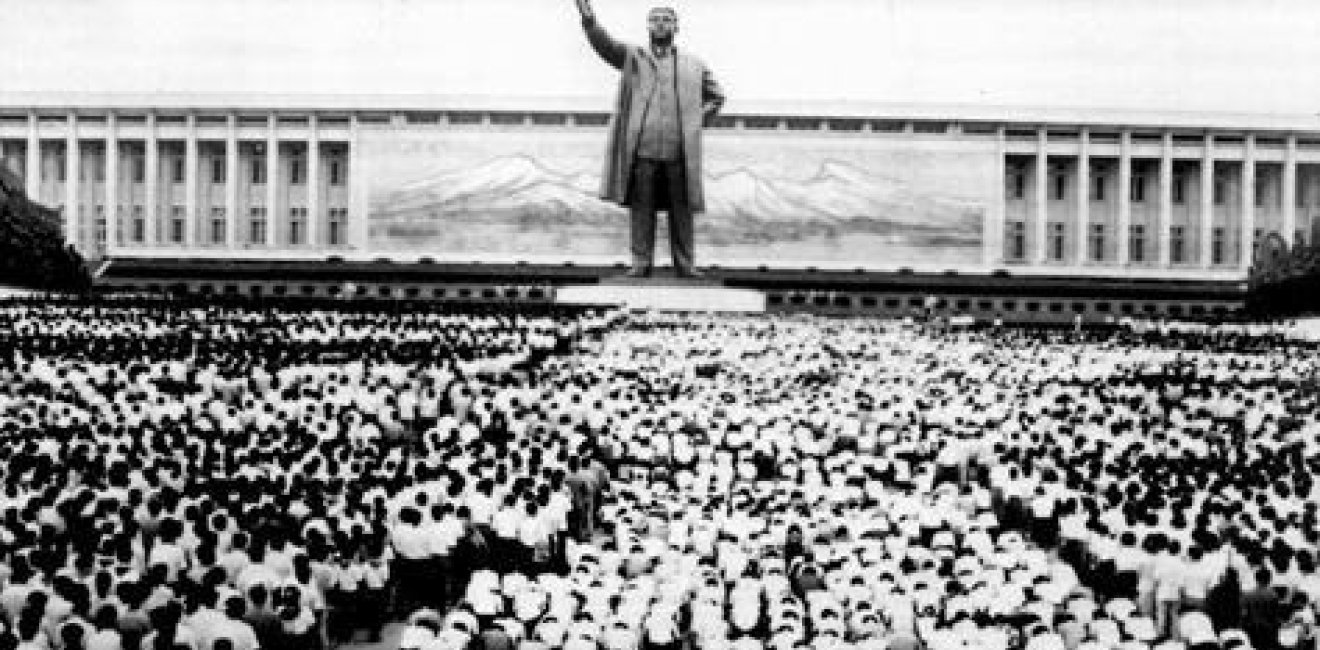The December 2013 purge and execution of Jang Song Thaek, who was often described as the No. 2 in North Korea, came four months after the ruling Korean Worker’s Party announced that the Ten Points of the Monolithic Ideological System, the basic tenets of the unitary leadership system in North Korea, had been updated for the new leader, Kim Jong Un.
According to James Person, Wilson Center Senior Program Associate, this reveals the lasting importance of the absolutist institution that was established in the wake of the last major purge of alleged factionalists in 1967 by North Korean founding leader Kim Il Sung. In NKIDP e-Dossier no. 15, Person draws on newly obtained and translated Romanian and East German documents to shed new light on these pivotal events.
In drawing parallels between Kim Il Sung's 1967 purges and Kim Jong Un's 2013 purges, Person concludes that, in both cases, the message to the North Korean people and to aspiring cadres has been clear: in the absolutist Democratic People’s Republic of Korea (DPRK), there is no No. 2.






